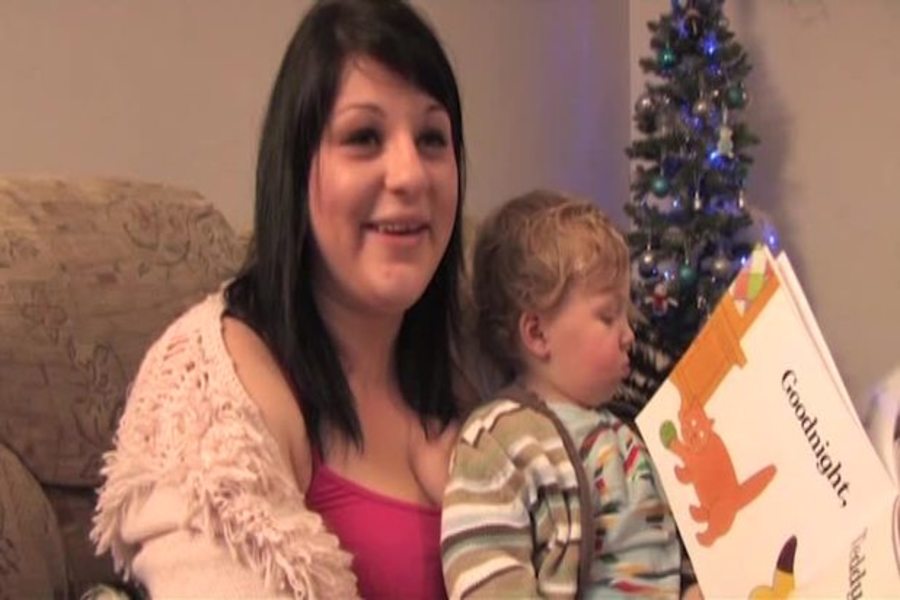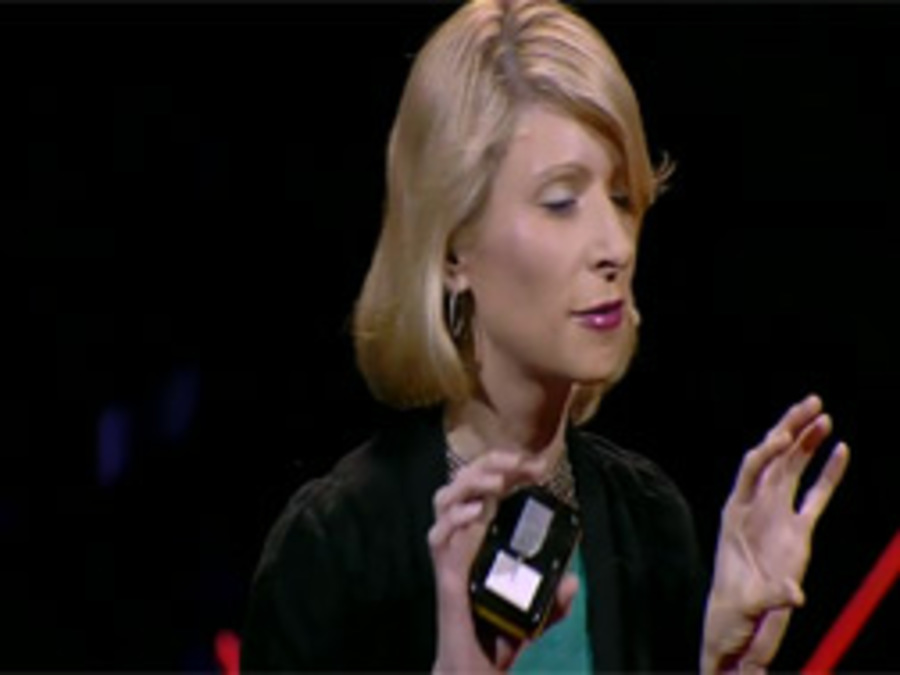 Try these videos to get started. Must be on campus or login with your COM account for off campus access.
Try these videos to get started. Must be on campus or login with your COM account for off campus access.
Want more on finding media? Try Articles & Media.
-
Attachment Theory (26:00)
An excellent resource for courses in both academic and applied psychology, this comprehensive program explores several models of attachment behavior as well as current and historical research methods in the field. The video focuses on John Bowlby’s “44 juvenile thieves” study and the effects of separation, patterns of attachment, behaviorism, nurturance and security, and insecure-resistant and insecure- avoidant children. The skin-to-skin hypothesis, operant conditioning, and social learning theory are also discussed, along with the work of Maccoby, Konrad Lorenz, Harry Harlow, and Mary Ainsworth. A viewable/printable worksheet is available online.
-
Conversation: Exploring Preconceived Notions about Otherness (18:00)
You’re walking down the street and you see someone approaching. You glance at his or her face and see—what, exactly? Filmed in London, this program brings together more than two dozen total strangers to reveal the hidden judgments people make about those they don’t know. Cleverly composed of nothing more than juxtaposed faces and unvarnished commentary by the film’s subjects, Conversation creates an edgy meta-dialogue on how we tend to project our fears and desires onto our fellow humans. Illuminating and unsettling—and a guaranteed discussion starter for courses in the areas of psychology, sociology, communications, and race/ethnicity/gender studies as viewers become aware of their own preconceived notions about otherness.
-
Effective Listening Skills: Listening to What You Hear (42:00)
This important lesson discusses habits and traits that keep us from being good listeners and teaches improved listening skills with the D.R.I.V.E. process. Students learn the benefits of listening and master the skill by Deciding to listen, Reading all stimuli, Investing spare time wisely, Verifying what they hear, and Expending energy. Teach your students how to process the information that goes in one ear, and that information won’t have a chance to escape through the other!
-
TEDTalks: Amy Cuddy—Your Body Language Shapes Who You Are (21:00)
Body language affects how others see us—and it may also change how we see ourselves. In this TEDTalk, social psychologist Amy Cuddy shows how "power posing"—standing in a posture of confidence, even when we don't feel confident—can affect testosterone and cortisol levels in the brain, and might even have an impact on our chances for success.
![]() Try these videos to get started. Must be on campus or login with your COM account for off campus access.
Try these videos to get started. Must be on campus or login with your COM account for off campus access.


